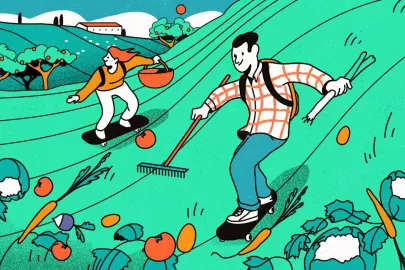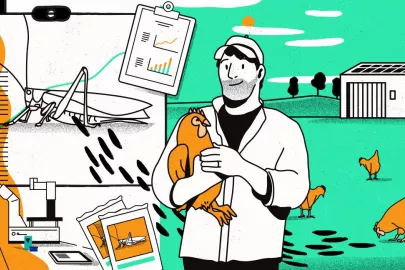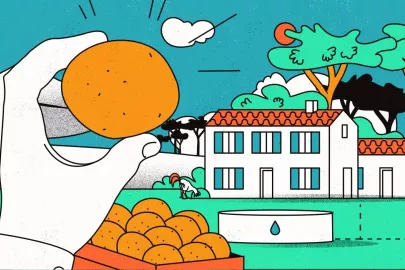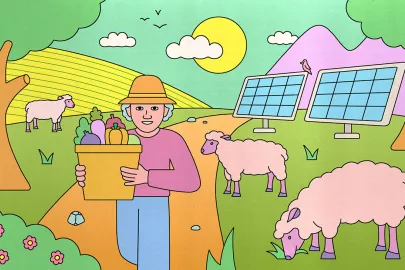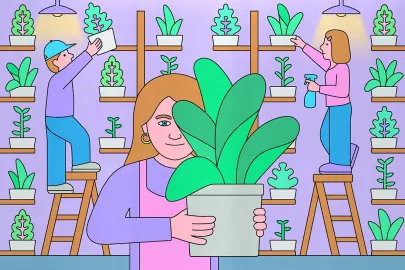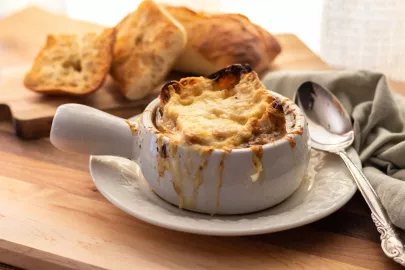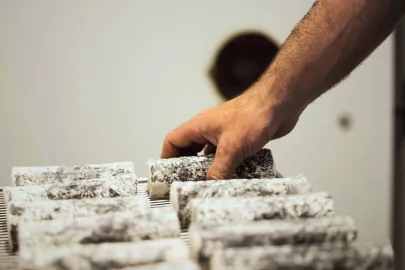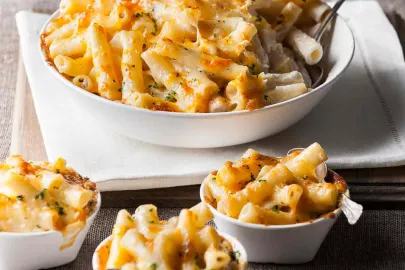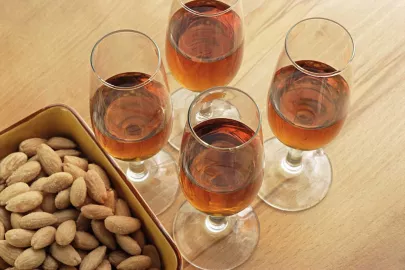Female farmers are making a difference. Increasing numbers of women are taking on or setting up farms, and they frequently choose an organic approach.
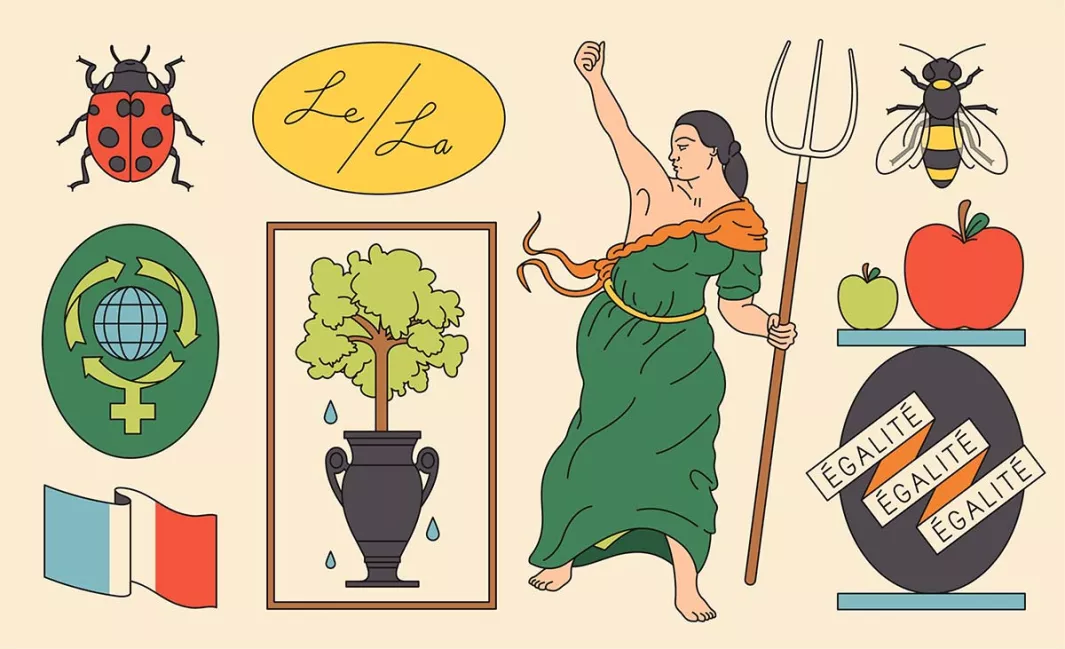
For too long in France, the language of farming has been masculine. Even while I was writing this paper, my spell checker was constantly suggesting I replace the word "agricultrice" (the feminine form of farmer) with "agriculteur". In French, the feminine forms of the words for miller, rancher and truck farmer all denote the wife of a man doing that job, rather than a woman doing it herself. Thankfully, the landscape is shifting. There's no denying the part women have played in farming for centuries, but it is finally becoming more visible. For example, in 2018, 25.9% of farm managers were female(1), compared to just 8% in 1970. And amongst organic farms, that number is close to 50%! Sociologists are calling this rise a "silent revolution".
At the same time, the proportion of women in agricultural education is growing and according to a study by INSEE, the French National Institute of Statistics and Economic Studies, "young female farmers are more qualified than their male counterparts"(2). They often have more varied backgrounds - and a different approach to men. The number of new and converted organic activities is quite simply higher amongst farms managed by women. When asked about this choice, more than 75% of them say they chose the organic route because they wanted to "produce high quality food, to promote the health of consumers and protect nature and the environment"(3).
According to sociologist Sabrina Dahache, women are "a driving force in the growth of new businesses and the diversification of farming activities. Farms run by women are more likely to use short distribution channels than those managed by men." Then there are the female-led improvements in knowledge and practice. Such as the machinery which has been redesigned to be more ergonomic, to benefit women and ultimately, men too. So, female farmers are making major advances in more ways than one. After all, an agricultural model that is good for the planet depends on responsible farming - and responsible farmers.
To find more about sustainable food and gastronomy, check out our FAQ.
1. Statistic from the MSA, the French social security scheme for farmers.
2.https://www.epsilon.insee.fr/jspui/bitstream/1/18945/1/Primeur_223_a.pdf
3. "Quelle est la place des femmes dans l'agriculture biologique ?", FNAB 2018
Contributor

Editor

